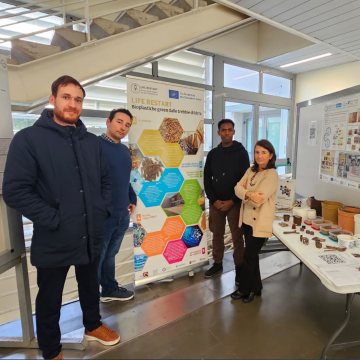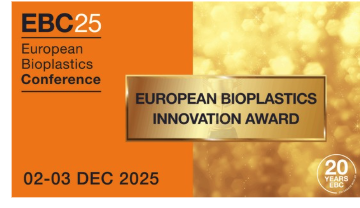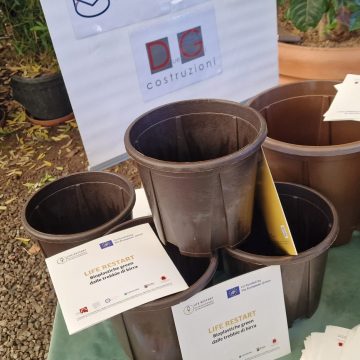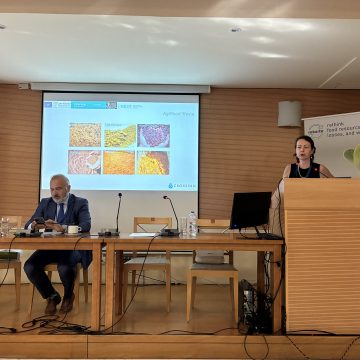 Research, experimentation, testing and validation. In recent months, the joint work of the LIFE RESTART project partners – especially UNIME, Crossing and EcosMed – has led to the development of some effective formulations of bioplastics (the so-called compounds, the raw-second materials that take a pellet-like form) equipped with all the characteristics to be produced and commercialized.
Research, experimentation, testing and validation. In recent months, the joint work of the LIFE RESTART project partners – especially UNIME, Crossing and EcosMed – has led to the development of some effective formulations of bioplastics (the so-called compounds, the raw-second materials that take a pellet-like form) equipped with all the characteristics to be produced and commercialized.
Tested from various technical-scientific points of view on a laboratory and industrial scale, several formulations are now ready, and more are yet to come: various “recipes,” validated and suitable for making, depending on the specific properties of each, different end products, particularly related to agriculture, cosmetics, and floriculture.
The compostability-check carried out by Crossing S.r.l. has ended successfully, the next step will concern the request for the related certification. Otherwise, the study of the Life Cicle Assestment of compounds is being entrusted by MeSSInA Foundation.
Final product prototypes and design
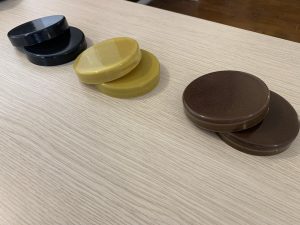 Moreover, some prototype items were also made with these formulations: pots, labels, caps. Those are the first consumer products made with LIFE RESTART bioplastics and thus, in perspective, suitable for the market. Once the “Zero Factory” will start there will be created not only “pellets” but also design products thanks to collaboration with leading Italian designers.
Moreover, some prototype items were also made with these formulations: pots, labels, caps. Those are the first consumer products made with LIFE RESTART bioplastics and thus, in perspective, suitable for the market. Once the “Zero Factory” will start there will be created not only “pellets” but also design products thanks to collaboration with leading Italian designers.
Some of them, in particular Luca Fois, co-director of the master’s program in Design for Kids and Toys at Milan’s POLIDesign, and the well-known designer Bernardo Corbellini, have already done an initial training course with Roccavaldina students. The flower pots they designed became the prize of “Mangia e cambia,” an event dedicated to sustainability, promoted by Messina Slow Food.
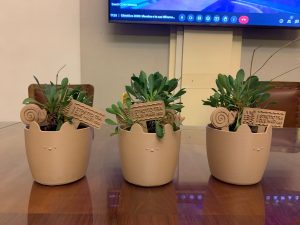
This work gradually goes with identifying the distribution network in the market and setting up the first commercial agreements.
Co-funded by the European Union. Views and opinions expressed are however those of the author(s) only and do not necessarily reflect those of the European Union or CINEA. Neither the European Union nor the granting authority can be held responsible for them.



